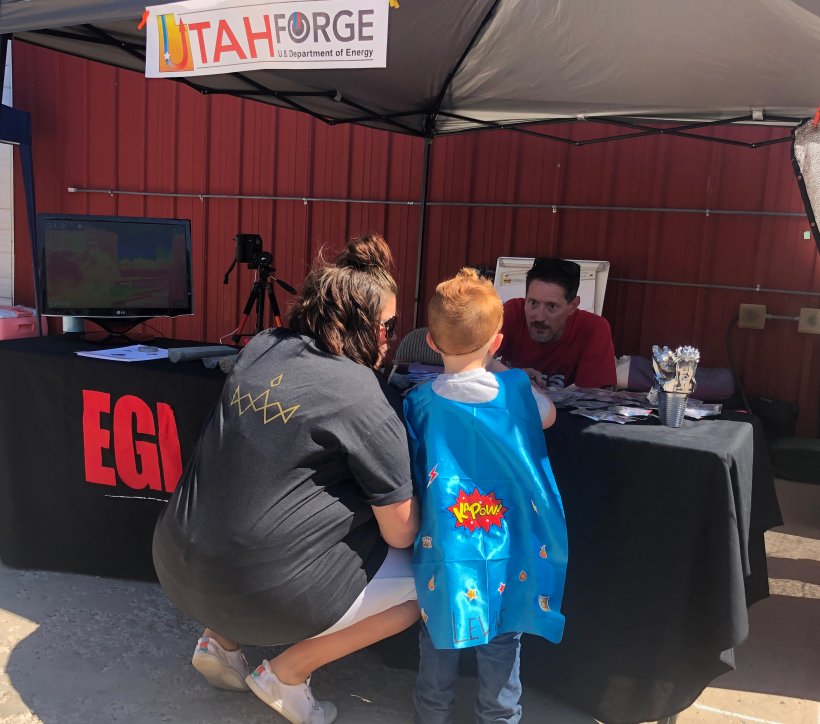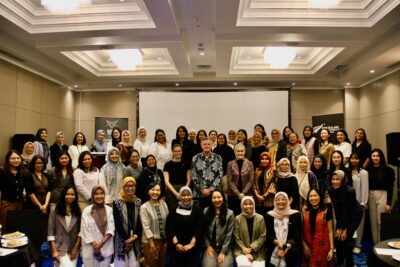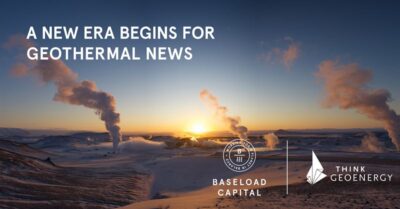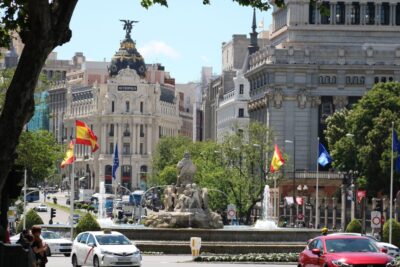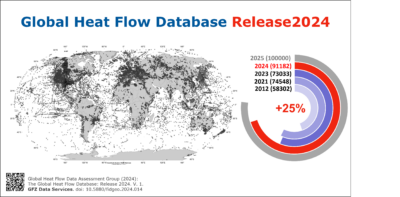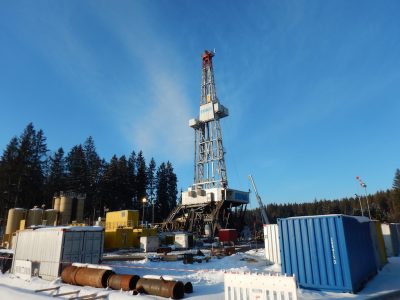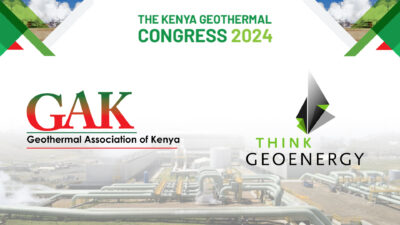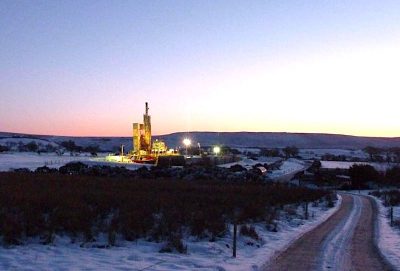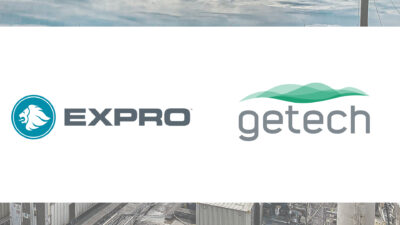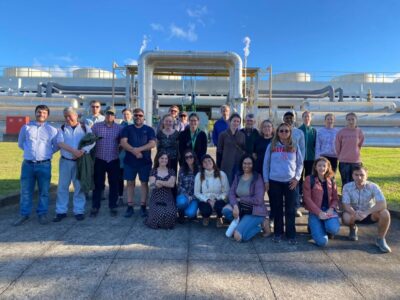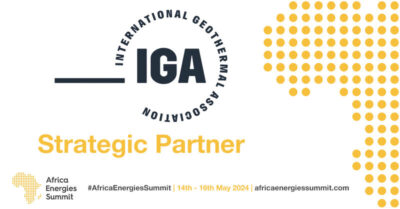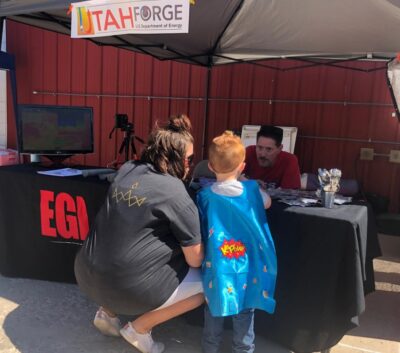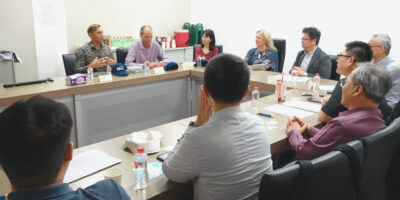Utah FORGE goes beyond drilling with geothermal education efforts
The Utah FORGE project has successfully engaged with the local Beaver County communities through consistent efforts in geothermal education and outreach.
The work of Utah FORGE in testing and developing Enhanced Geothermal Systems (EGS) technologies in Beaver County is well-known within the geothermal industry, but the team is also highly involved in building relationships with the local community through geothermal education and outreach efforts.
Through the past years, the staff of FORGE have been active with outreach activities that aim to improve the basic knowledge of geothermal technologies. Work is being done on all levels of education – from classroom activities and science fair in elementary schools and highs schools, resources for K-12 and university-level students, and workshops for teachers.
In 2023, FORGE participated in the Beaver County Fair with elementary school field trips that brought 900 students to the site to learn about heat transfer.
“They’re very visible, they’re here all the time, they’re talking all the time,” said Beaver County Commissioner Tammy Pearson of the FORGE team at DOE’s Enhanced Geothermal Shot™ summit in 2023. “They do quarterly reports with our commission. They are really integrating in the education system, in our elementary schools and the high schools. I think they are just so consistent in their visibility and engagement.”
“The best part of our job is engagement in the community,” said Christoper Katis of Utah FORGE. “I like to joke that you could poll any number of politicians from around the country and they’re going to know less about geothermal than the sixth graders at Beaver’s three elementary schools.”
The role of consistency was a point of emphasis by Shalanda H. Baker, Director of the Office of Economic Impact and Diversity and Secretarial Advisor on Equity, during the Enhanced Geothermal Shot Summit, “We’re doing better at listening to the communities at the beginning of projects. But sometimes, those voices fall off. We absolutely need to make sure communities stay engaged in program and project design in the middle, and also at the end.”
A model for community engagement
A testament to the relevance of the FORGE project in the Beaver County community is the inclusion of the project’s EGS research in one of the permanent exhibits of the Natural History Museum of Utah. FORGE has also bene very active in making a presence in events such as the University of Utah’s Welcome Week, Midvale Harvest Days, the Geothermal Rising Conference, and the Utah STEMFest.
The FORGE team recognizes that not all geothermal projects may have the capacity to pursue community engagement in the way the FORGE has. However, the team wants to emphasize that each project must be planned with the principle that integrating with the community is an essential component. To support such initiatives, the US Department of Energy (DOE) can provide funding for community outreach in the form of Community Benefit Plans to guarantee the economic benefits to local communities.
The work of Utah FORGE shows that relationship building with local communities is a necessary and productive part of a successful geothermal project. This is a worthwhile model to emulate across the thousands of communities in the U.S. and worldwide if the geothermal sector aspires to expand in a manner that is both commercially feasible and socially equitable.
